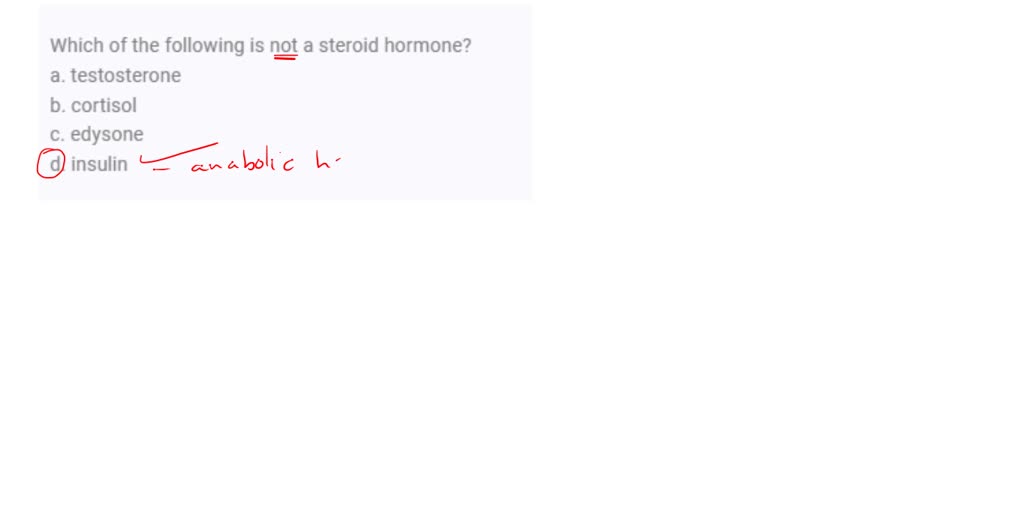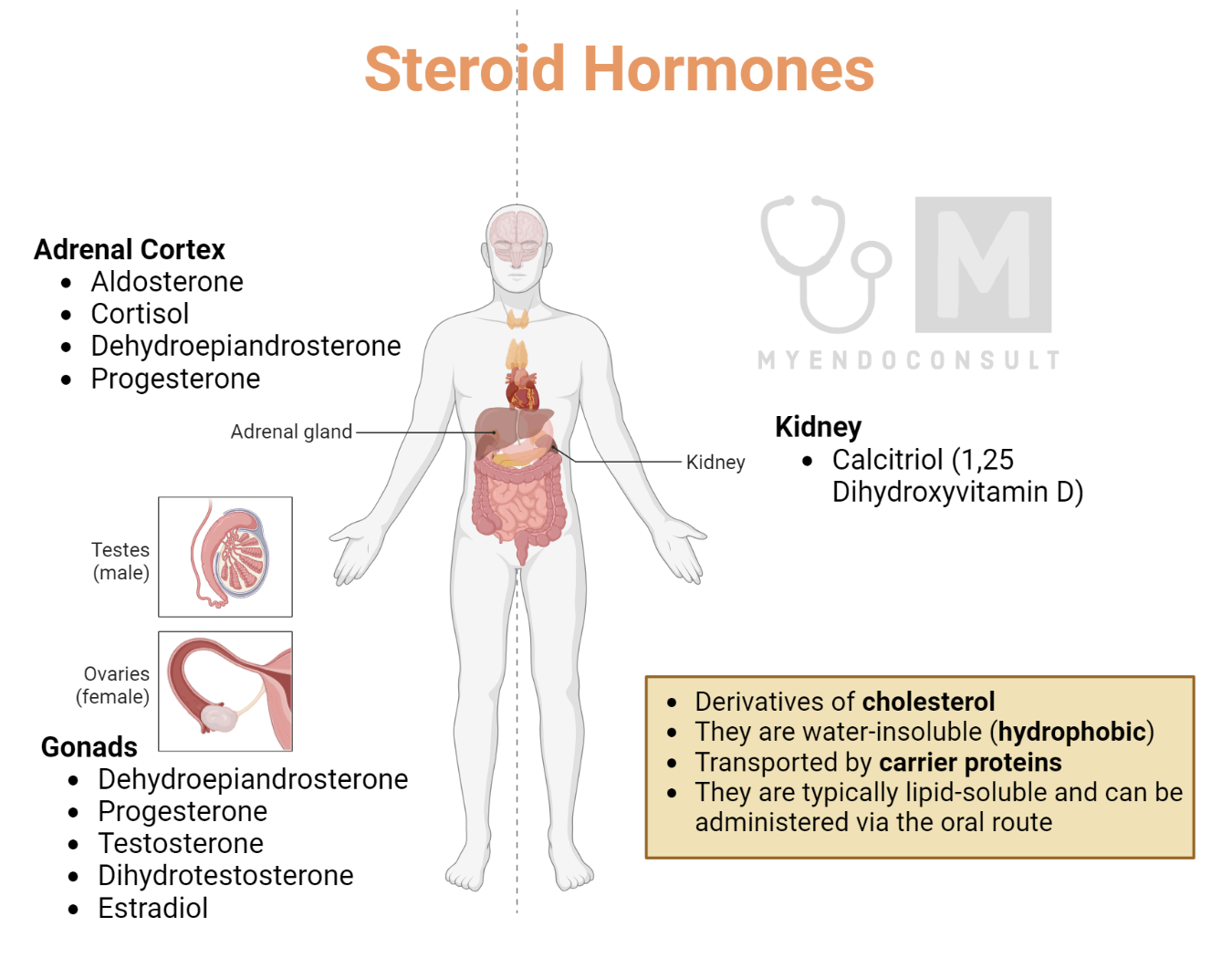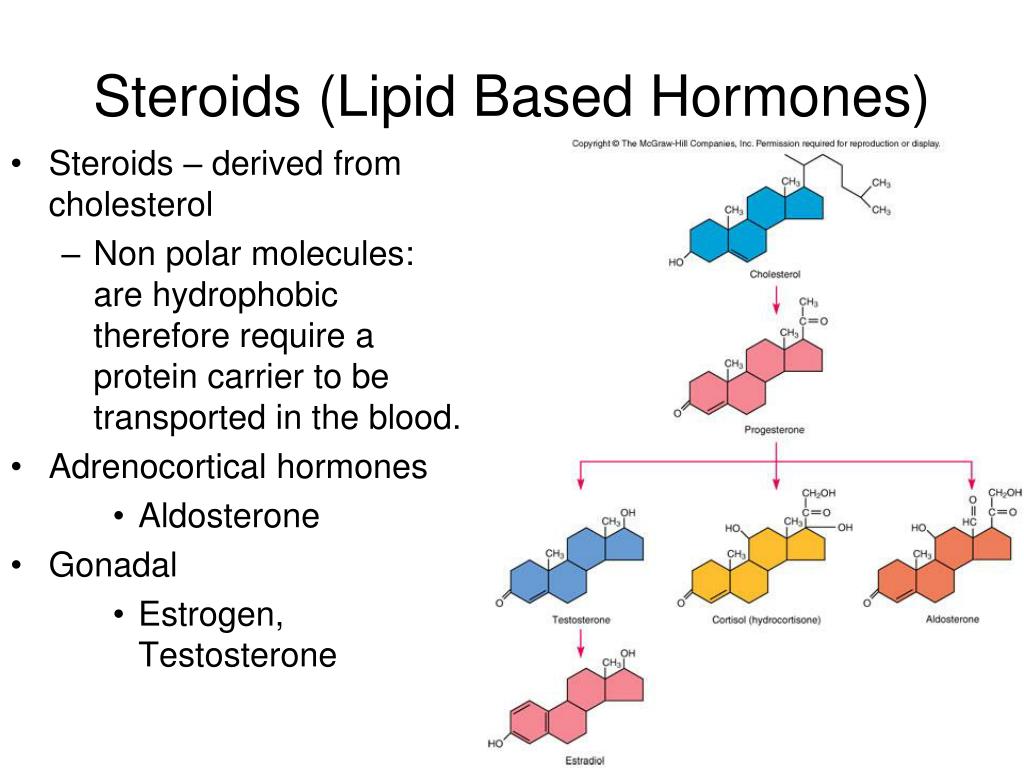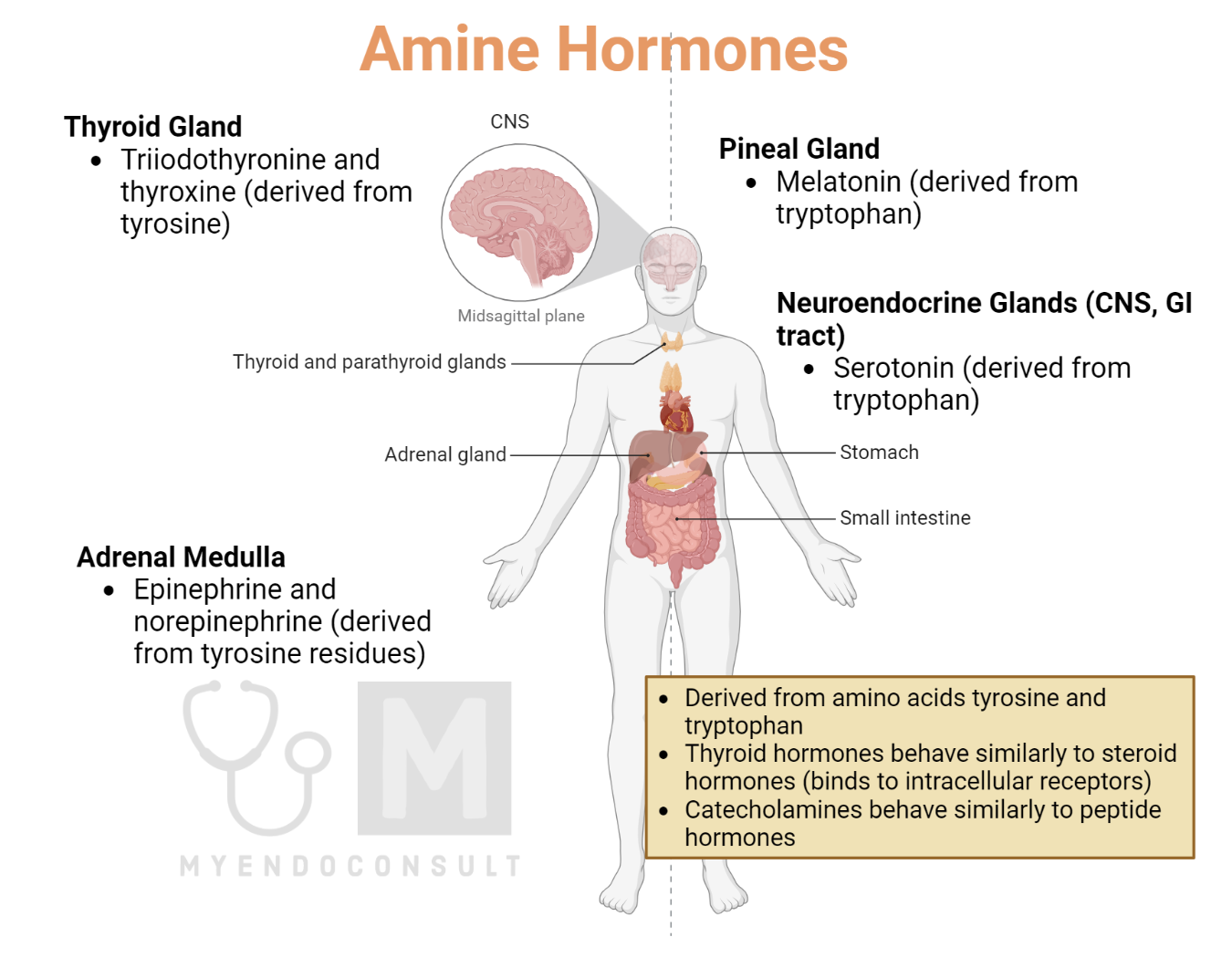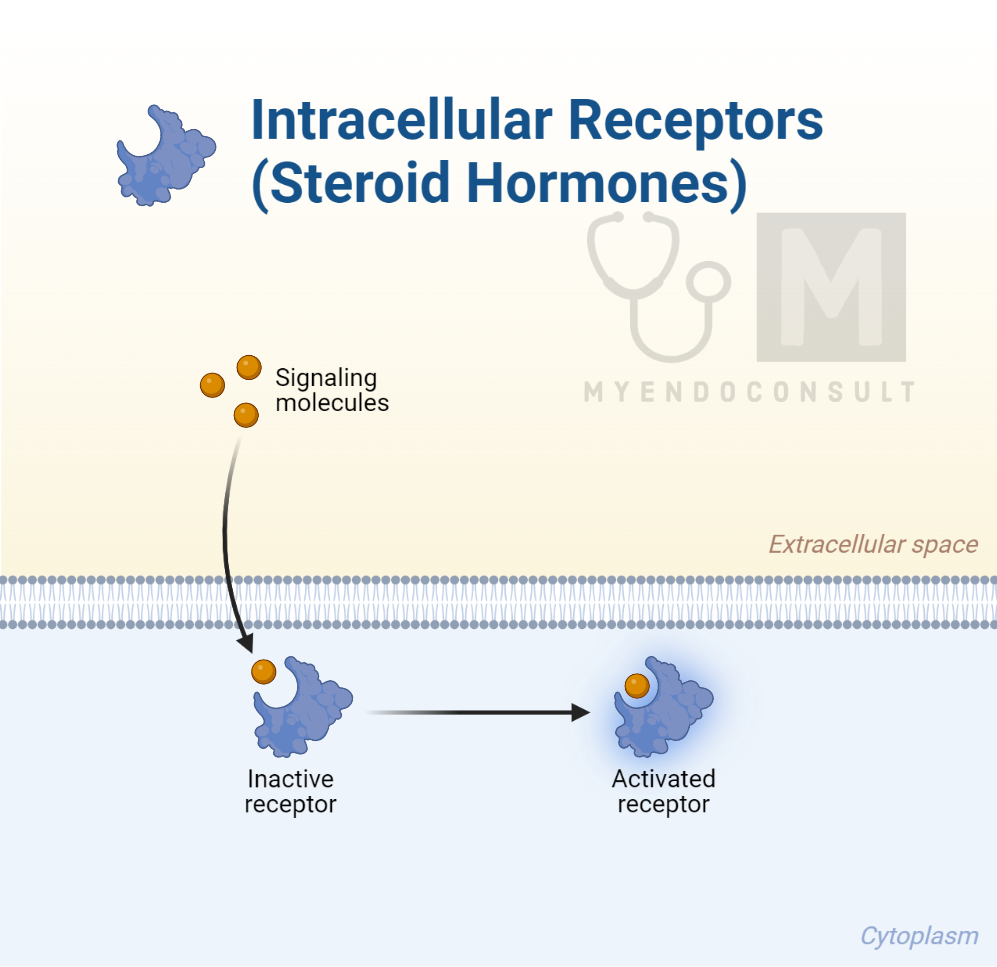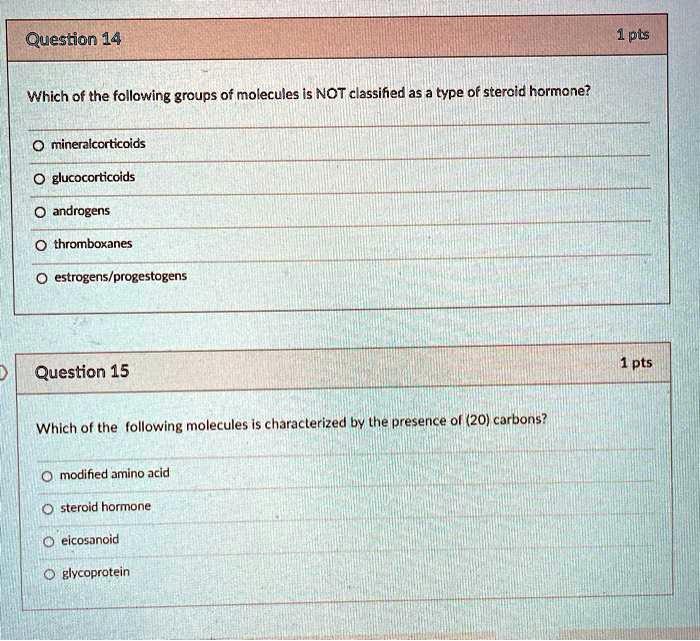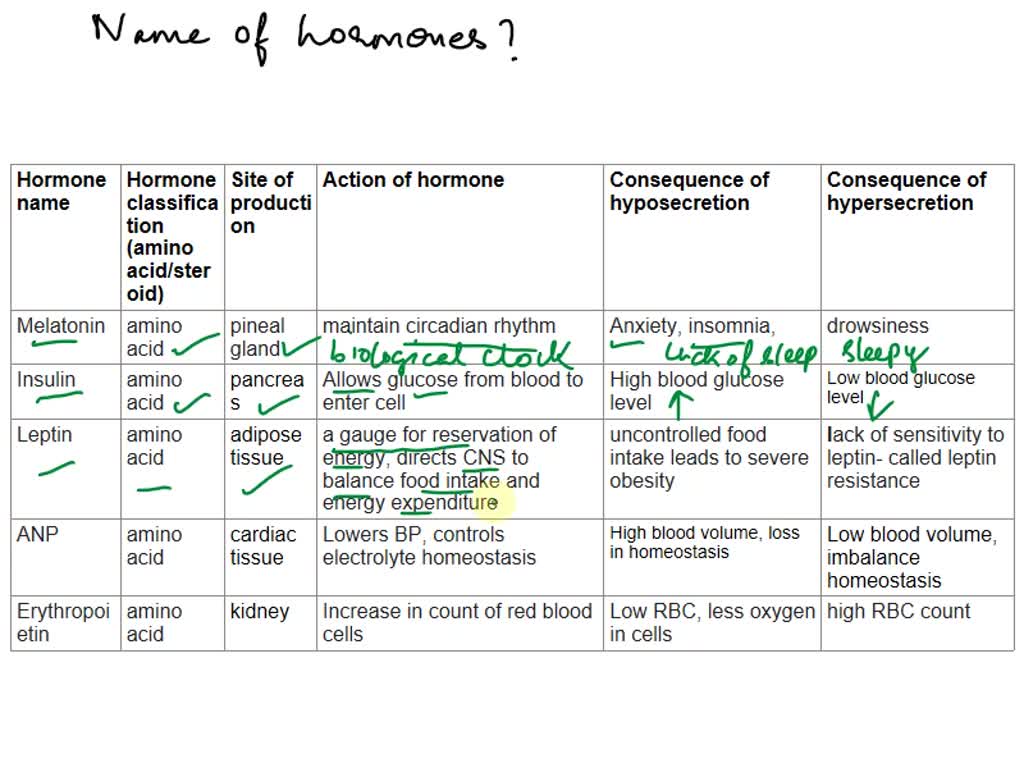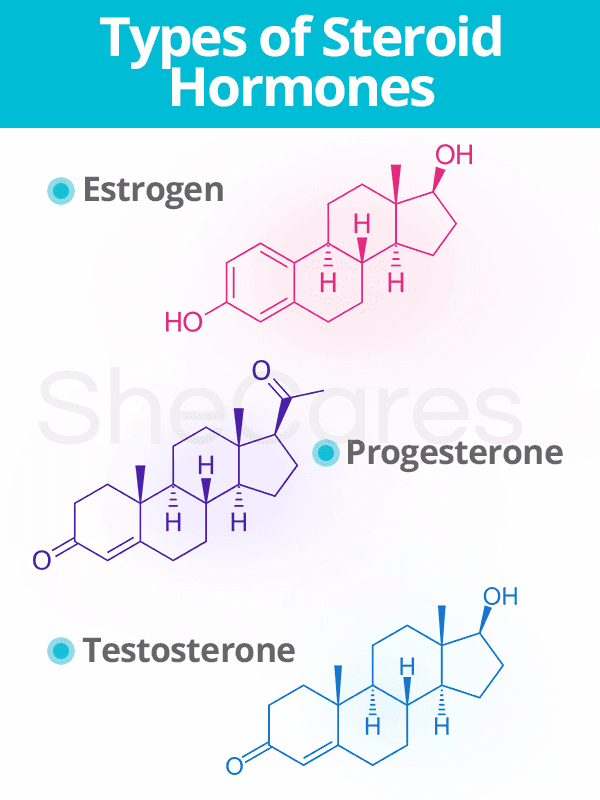Which Of The Following Is Not A Steroid-based Hormone

The intricate world of endocrinology, the study of hormones, often presents challenges in distinguishing between various types of signaling molecules. A common point of confusion arises when differentiating steroid-based hormones from their non-steroidal counterparts.
This article aims to clarify this distinction, focusing on identifying which of the following is not a steroid-based hormone: cortisol, estradiol, testosterone, or insulin. Understanding the fundamental differences is crucial for grasping how these hormones operate within the human body and influence a wide range of physiological processes.
Steroid Hormones: A Core Overview
Steroid hormones are a class of hormones that are derived from cholesterol. This shared precursor gives them a characteristic four-ring structure.
They include hormones like cortisol, produced by the adrenal glands and involved in stress response and metabolism; estradiol, a primary estrogen responsible for female reproductive development; and testosterone, the main androgen responsible for male reproductive development.
Key Characteristics of Steroid Hormones
Steroid hormones are lipid-soluble. This property allows them to easily cross the cell membrane and bind to receptors located inside the cell, either in the cytoplasm or the nucleus.
Once bound to their receptor, the hormone-receptor complex typically interacts directly with DNA to regulate gene expression. This ultimately leads to changes in protein synthesis and cellular function.
Their action is generally slower compared to peptide hormones, but their effects can be more prolonged.
Insulin: A Peptide Hormone
Insulin, unlike the steroid hormones mentioned, is a peptide hormone. Peptide hormones are composed of amino acids linked together to form a chain.
In the case of insulin, the hormone is produced by the beta cells of the pancreas and plays a vital role in regulating blood glucose levels. It facilitates the uptake of glucose from the blood into cells for energy or storage.
Mechanism of Action: Insulin
Due to its peptide structure, insulin is not lipid-soluble. Therefore, it cannot readily cross the cell membrane.
Instead, it binds to receptors located on the cell surface. This interaction triggers a cascade of intracellular signaling events. These events ultimately lead to the activation of glucose transporters (GLUT4), which then translocate to the cell membrane, allowing glucose to enter the cell.
This mechanism of action is significantly different from the direct gene regulation observed with steroid hormones.
The Answer: Insulin
Based on the preceding information, the hormone that is not steroid-based among the options provided is unequivocally insulin.
Cortisol, estradiol, and testosterone are all derived from cholesterol and exhibit the characteristic four-ring structure of steroids.
Insulin, on the other hand, is a peptide hormone comprised of amino acids.
Significance of the Distinction
The distinction between steroid and peptide hormones is not merely an academic exercise. It has important implications for understanding how these hormones influence health and disease.
For example, the different mechanisms of action affect how these hormones are synthesized, transported in the blood, and ultimately metabolized by the body.
Understanding these differences is crucial for developing effective treatments for hormonal imbalances and related conditions like diabetes (linked to insulin deficiency) and Cushing's syndrome (linked to excess cortisol).
Conclusion
In summary, while cortisol, estradiol, and testosterone are all steroid hormones derived from cholesterol, insulin is a peptide hormone. Its mechanism of action involves binding to cell surface receptors, triggering intracellular signaling cascades that facilitate glucose uptake.
Recognizing this fundamental difference is essential for comprehending the complex regulatory roles of these hormones and their impact on overall health.
A clear understanding of hormone classifications allows for more informed approaches to medical treatment and research in the field of endocrinology.

+Which+of+the+following+is+NOT+a+classification+of+hormones.+a.jpg)
